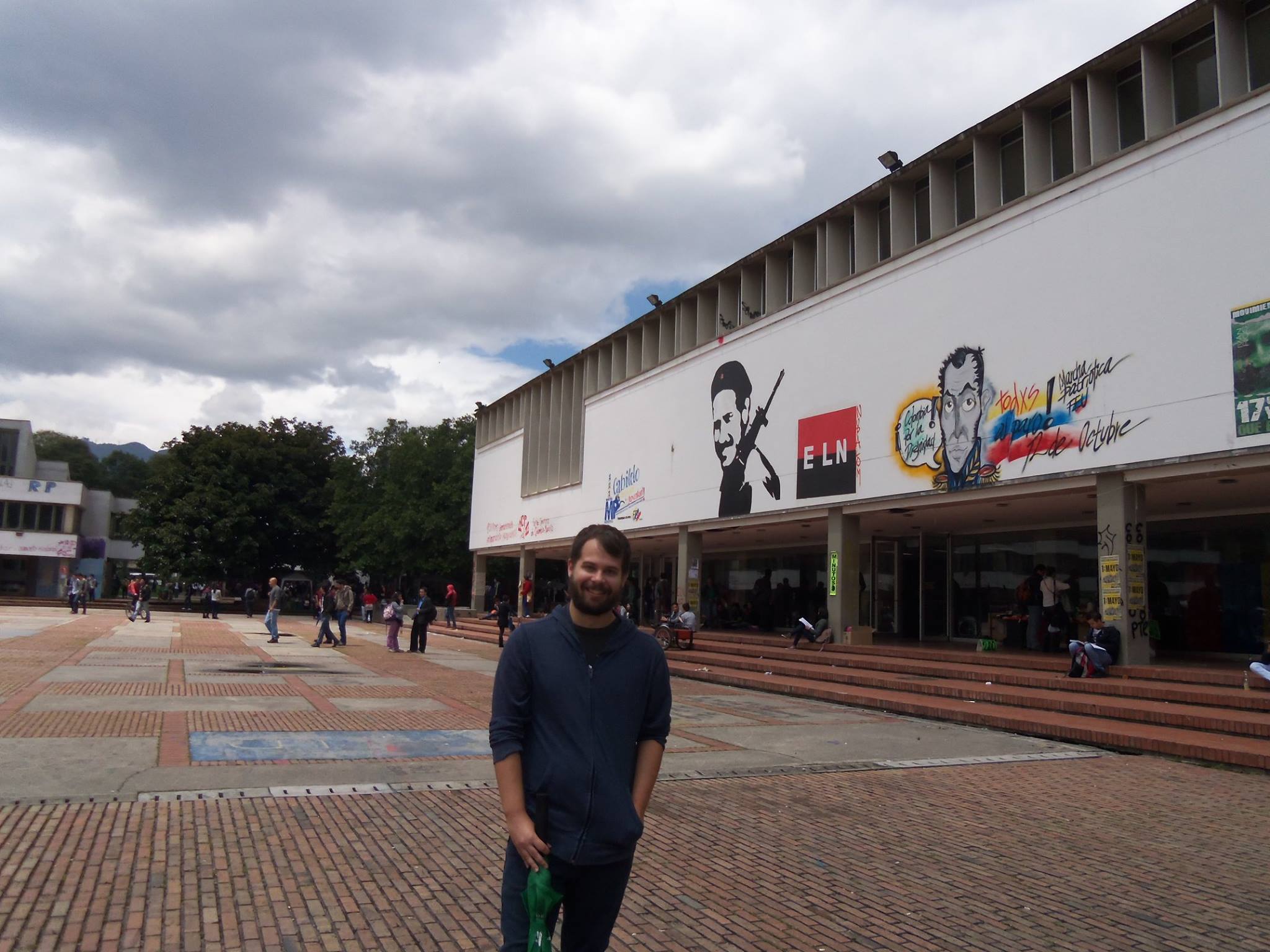About

Hello! My name is Clayton Besaw. I am currently a PhD student and research assistant at the University of Central Florida. I am currently working towards my doctoral degree in Security Studies and I am currently employed as a political events forecaster at the One Earth Future Foundation My research interests broadly deal with Political Violence, Behavior, Beliefs, Psychology, Machine Learning, Data Mining, Natural Language Analysis, Forecasting & Prediction, Bayesian Approaches to Statistics, and applied Econometrics.
Motivation for this Blog
The title Through the data, darkly refers to the biblical phrase βλέπομεν γὰρ ἄρτι δι’ ἐσόπτρου ἐν αἰνίγματι (1 Corinthians 13:12), commonly translated as “For now we see through a glass, darkly.” 1 The phrase itself is somewhat ambiguous, but it is clear that it speaks to the imperfections that underly the pursuit of knowledge concerning the world around us. As both social scientists and quants, this imperfection comes in two-steps. First, without data, our ability to make judgements on social and natural phenomena is quite limited to anecdotally imformed opinion. Second, even with data, we must be careful in our inferences. Limitations on human cognition, measurement error, and imperfect data all combine to dampen our ability to fully understand the world around us. Like the prophets in ancient tales, scientists must contend with the non-trivial ambiguities that often underlie our findings.
The goal of this blog is to examine issues concerning quantitative social science, while also presenting unique research on a variety of topics. This helps to make my own, and others, work more accessible, while also inviting outside opinions and insights.
If you have read this far, thanks for stopping by! Feel free to send me a message at claybesaw@gmail.com.
-
I additionally take great inspiration from Philip K Dick’s A Scanner Darkly. His dystopian novel concerning the issue of darkside of drug culture illustrates the behavioral and psychological failings of ordinary people. As Bob Arctor continues down the hole of “Substance D”, so does his ability to separate fact from fantasy. ↩